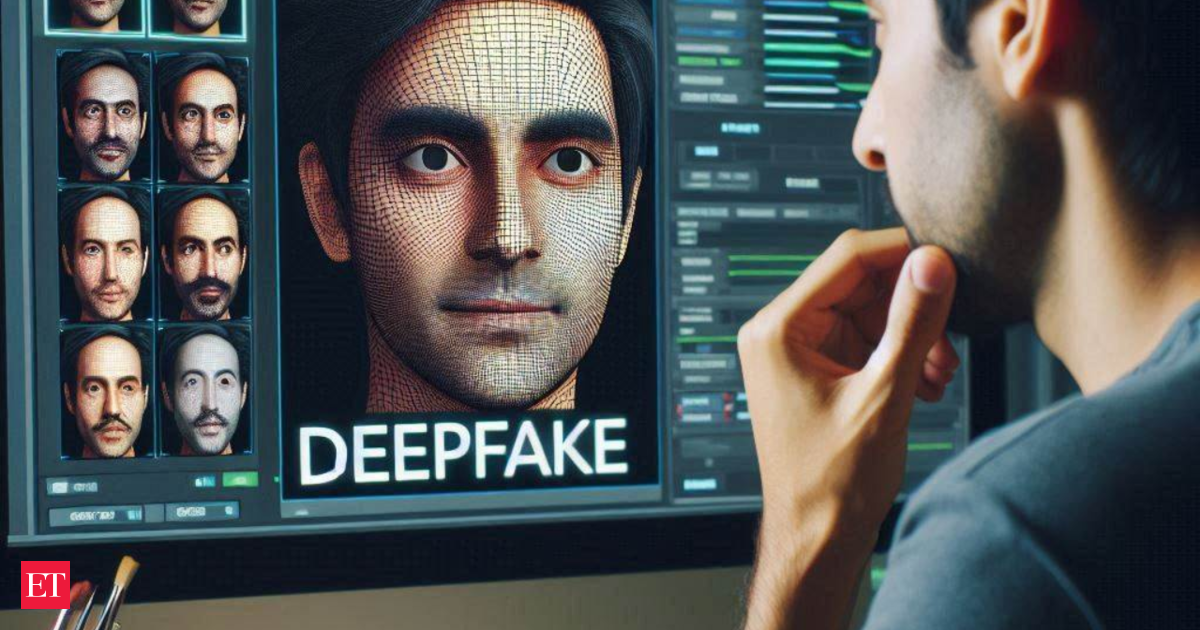Legal experts say the proliferation of deepfakes, a type of generative AI, poses significant threats to the personality rights of celebrities. Deepfake AI-generated content appears genuine but is entirely fabricated.
In a landmark intellectual property rights (IPR) case involving singer Arijit Singh, the Bombay High Court recently granted an interim ex parte injunction against multiple defendants, including Codible Ventures LLP, for unauthorized use of AI and voice cloning technologies to replicate the singer’s voice.
Indian courts have also issued injunctions in cases brought by celebrities such as Amitabh Bachchan, Anil Kapoor and Karan Johar, seeking to protect their personal rights. These judgments recognised their celebrity status and prohibited the defendants from using their voice, image, likeness or other personal attributes without permission.
Alpana Srivastava, a partner at Desai & Diwanji, noted a growing trend of cases where Bollywood celebrities are seeking to protect their intellectual property rights from deepfakes and exploitation of artificial intelligence. She noted that India lacks sufficient laws to address the problem of deepfakes, with only sections 66(c) and 66(d) of the Information Technology Act, 2000 covering identity theft and deception by impersonation using computer resources.
“Deepfakes can infringe artists’ rights if the manipulated content reproduces an artist’s performance through false means,” Srivastava explained.
Sidharth Chopra, head of the telecom, media and technology practice at Saikrishna & Associates, said AI-generated voices and images can also raise issues under the Copyright Act.
“The legal challenges posed by AI disruption will have to be addressed by the courts using existing intellectual property laws until new legislation is introduced,” he added.
The Indian government is reportedly planning to tackle the growing threat of deepfake content through the Digital India Bill, which will replace the IT Act of 2000. Globally, the US Federal Trade Commission (FTC) has proposed regulations to tackle deepfake content.
Hollywood talent agency William Morris Endeavor (WME) has partnered with artificial intelligence platform Vermillio to protect creators from intellectual property theft and help them monetize their image and likeness. The agency, which represents Hollywood stars such as Ben Affleck and Jessica Alba, also represents Bollywood actors Ranveer Singh and Alia Bhatt.
Ankita Singh, managing partner at Sarvaank Associates, highlighted the need for strong intellectual property protection to prevent digital abuse. She suggested that counterfeit technologies, blockchain, cybersecurity and tracking and tracing models could play a crucial role in addressing the threat posed by deepfakes.
Srivastava said that legal and technological infrastructure needs to be developed to effectively combat AI-assisted deepfakes.
“Stricter accountability is needed for social media platforms that enable AI-assisted deepfakes, along with robust systems to detect and remove such content,” he said.
Disclaimer:
The information contained in this post is for general information purposes only. We make no representations or warranties of any kind, express or implied, about the completeness, accuracy, reliability, suitability or availability with respect to the website or the information, products, services, or related graphics contained on the post for any purpose.
We respect the intellectual property rights of content creators. If you are the owner of any material featured on our website and have concerns about its use, please contact us. We are committed to addressing any copyright issues promptly and will remove any material within 2 days of receiving a request from the rightful owner.

